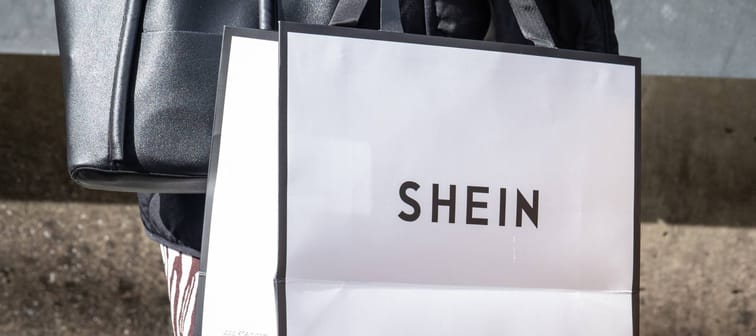How tariffs will impact your shopping cart
While the pause may be a welcome development, Steve Lamar, CEO of the American Apparel and Footwear Association, told CNBC that it won’t stop prices from going up.
The 30% tariff stacked on top of existing Section 301 and MFN tariffs “will still make for an expensive back-to-school and holiday season for most Americans,” Lamar told CNBC. “If freight rates spike due to the tariff-induced shipping disruptions, which will take months to unwind, we could see costs and prices creep up further.”
However, tariff-related shortages won’t look like pandemic-related shortages. Back in the early days of the Covid-19 pandemic, shortages of supplies like toilet paper and hand sanitizer resulted from panic buying and supply chain disruptions.
Rather, tariff-related shortages are a result of trade policies that increase import costs. So, while certain goods may not disappear from store shelves, they could get more expensive. And some importers may reevaluate what they sell, reducing the options that American consumers have become accustomed to.
Even if Americans were to stop buying cheap goods from China, it would still hurt the U.S. economy since many mom-and-pop shops rely on those discretionary purchases. For example, despite a pre-tariff buying spree, the U.S. economy still contracted by 0.3% in the first quarter of 2025.
It’s also hard for retailers to plan ahead with sudden policy changes, which is starting to put a chokehold on supply chains as American businesses cancel or postpone shipments. So what items should you stock up on now?
1. Fast fashion
American consumers are already seeing increases in the price of fast fashion from brands like Shein and Temu. And, though tariffs have come down, fast fashion is unlikely to go back to the way things were in a pre-tariff world.
“Sellers are probably taking a wait-and-see approach but in general I think it’s fair to say the boom times of small package delivery from China to the U.S., the Golden Age, is already gone,” Jianlong Hu, CEO of Brands Factory, a Chinese cross-border e-commerce consultancy, told The Economic Times.
When it comes to fast-fashion, a brand like Shein may be more exposed to the de minimis changes, according to The Economic Times, “due to its reliance on speed of getting thousands of new styles each week to consumers in the West by air.”
2. Toys
You may want to do your holiday shopping really early this year. This was highlighted when Trump recently told reporters that “maybe the children will have two dolls instead of 30.”
Nearly 80% of all toys sold in America are made in China, according to industry group The Toy Association, which are impacted by tariffs. But higher prices won’t just hurt consumers; they will also impact toy companies in the U.S, most of which (96%) are small and mid-sized businesses.
3. Cheap household goods, school supplies and home décor
Like toys and fast fashion, many cheap household goods will get more expensive since they already have tight margins. That includes everything from paper plates to batteries to toothpaste. The same goes for school supplies and home décor, much of which is produced in China and also has tight margins.
4. Consumer electronics and appliances
When it comes to consumer electronics and appliances, many components and parts are made in China — and many tech companies, including Apple and LG Electronics, rely on manufacturing facilities and skilled staff there.
While Americans will still need to buy smartphones, computers, washing machines, dishwashers and fridges, those items could become much more expensive. If you absolutely need to replace one of these items, it may make sense to do it sooner rather than later.
5. Replacement parts
While it may not be top of mind, replacement parts could also become harder to find, like filters and cords. “Supply chains don’t often prioritize reordering those until they’re running low. And a lot of these are sourced from China,” Casey Armstrong, chief marketing officer of ShipBob, a global fulfillment and supply chain platform, told HuffPost.
While you may want to stock up on certain items, it’s also a good time to reevaluate your spending habits — and perhaps even change your consumption habits.
The richest 1% use an advisor. Do you?
Wealthy people know that having money is not the same as being good with money. WiserAdvisor can help you shape your financial future and connect with expert guidance. A trusted advisor helps you make smart choices about investments, retirement savings, and tax planning.






